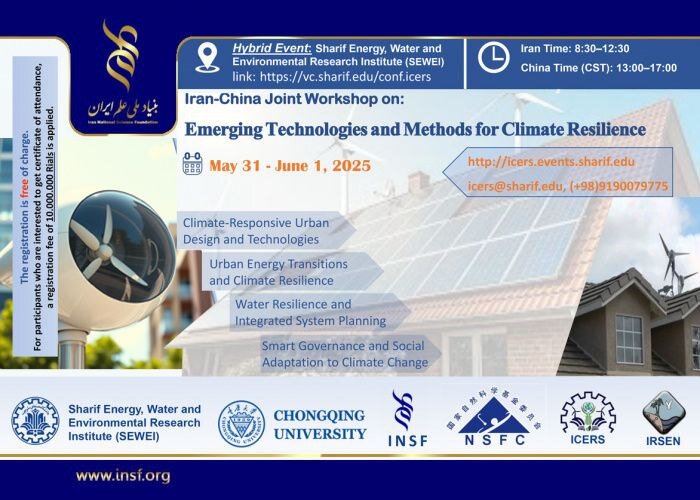
Similar Posts
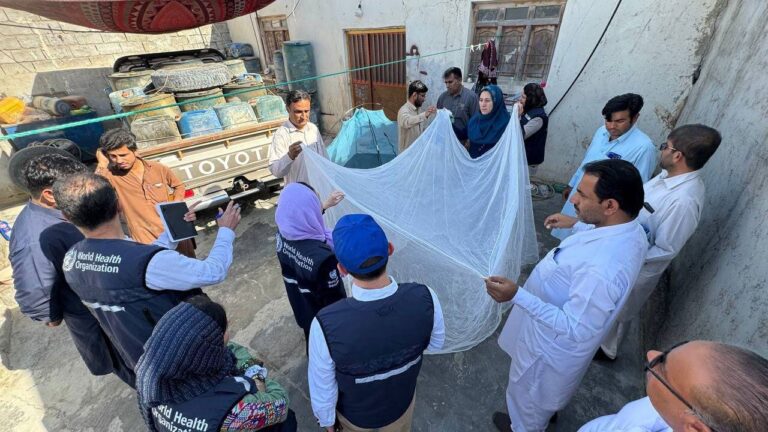
Japan Partners with WHO to Combat Malaria Surge in Sistan-Baluchestan
In response to rising malaria cases, particularly in southeastern Iran, the Japanese government has donated vital resources to the World Health Organization (WHO). This includes 4,902 mosquito dome tents, 50,000 malaria rapid diagnostic tests, and 1,655 kg of insecticides, benefiting around 77,400 people. The resurgence of malaria is attributed to the 2022 floods in Pakistan and factors like poverty and poor sanitation. Local health workers are actively conducting screenings, distributing mosquito nets, and educating communities. The collaboration between Japan and WHO aims to bolster healthcare capacity and ultimately eliminate malaria in the region, fostering hope for affected populations.

Navigating Medicine Shortages: The Struggles Faced by Rare Disease Patients in Iran
Hamidreza Edraki, CEO of the Rare Diseases Foundation in Iran, emphasized the urgent challenges in accessing medications for rare disease patients. He cited customs clearance delays that render essential imported drugs unusable, highlighting the country’s reliance on imports as domestic production for rare diseases is limited. Edraki noted that nearly 6,500 individuals are registered with the foundation, but many remain undiagnosed. He identified consanguineous marriages and environmental factors as contributing to the prevalence of rare diseases. To improve the situation, he advocated for reforms in drug supply, genetic counseling, and public awareness initiatives to support affected individuals.
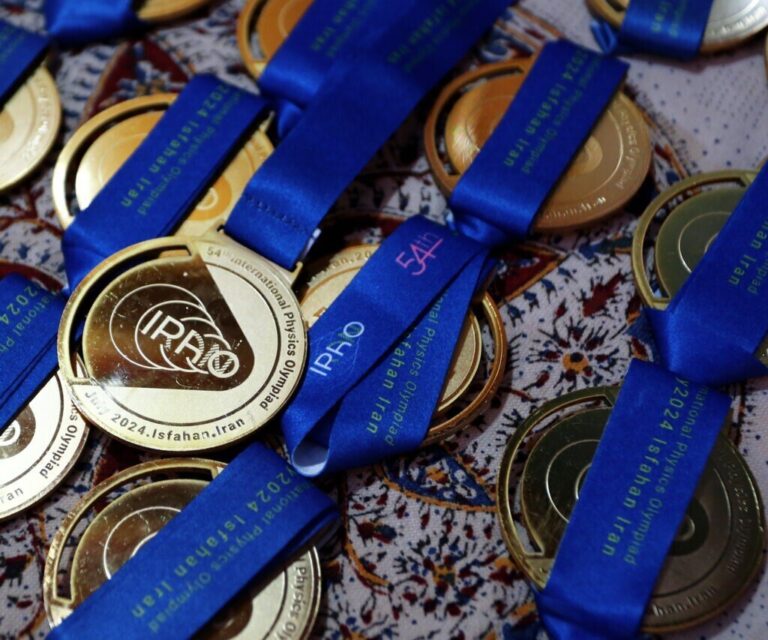
Iran Shines Bright: Third Place in Global International Olympiads Rankings!
In the past Iranian calendar year, Iran excelled in education, ranking third globally in international Olympiads by winning 12 gold medals. Reza Hosseini, head of the Young Researchers Club, aims to maintain this status and increase gold medals to over 15. Iran also hosted its first national Artificial Intelligence Olympiad, with plans to compete internationally. The country achieved first place in the Astronomy Olympiad and fourth in Biology. President Masoud Pezeshkian emphasized the importance of using science for societal benefit. With 14 approved disciplines for Olympiad participation, Iran is committed to fostering academic excellence and innovation among gifted students.
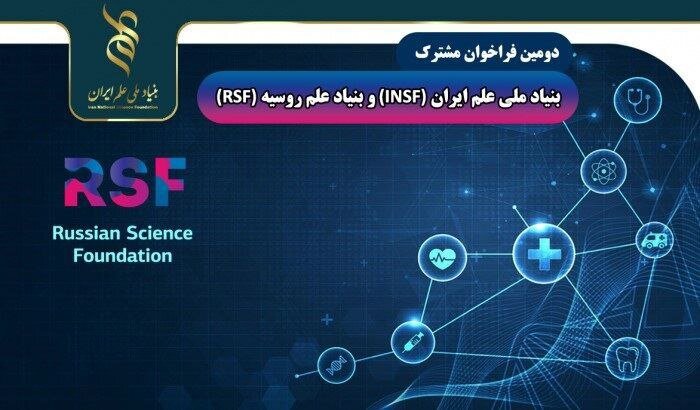
INSF and RSF Unite to Fuel Innovative Joint Research Projects
Iran and Russia are enhancing scientific collaboration through ten innovative projects funded by the Iran National Science Foundation (INSF) and the Russian Science Foundation (RSF). The initiative focuses on chemistry, biology, and medical research, emphasizing technology development and future funding opportunities. Iranian universities are also partnering with Russian institutions to strengthen higher education and innovation. A secretariat will improve communication between universities, supporting joint projects and cultural exchanges. The collaboration aims to deepen mutual understanding while promoting shared knowledge and advancements in key scientific fields, positioning both nations as active contributors to the global scientific community.
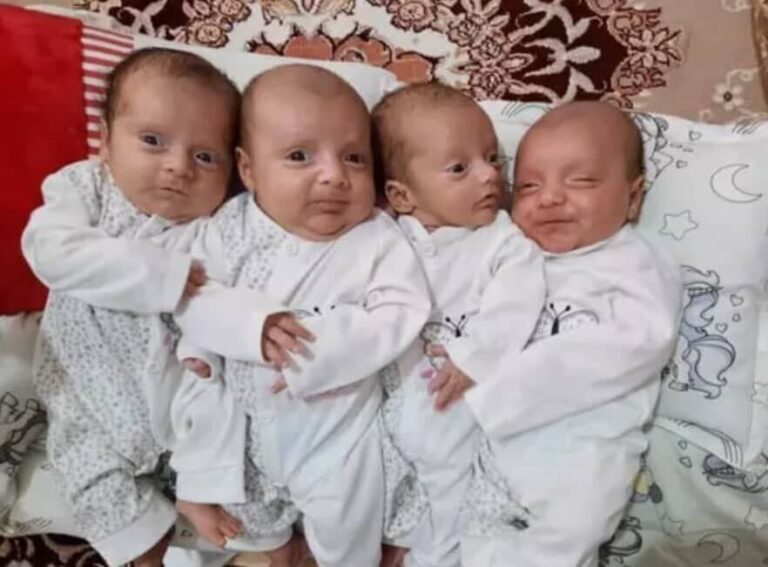
Record-Breaking Year: Over 14,000 Multiple Births Registered in Just 9 Months!
The Iranian Civil Registration Organization reports that in the first nine months of the current calendar year, there were 14,090 multiple births, including 13,565 twins and 504 triplets, highlighting a growing trend in such births. Tehran led with 2,127 cases. Overall, there were 734,249 registered births, with multiple births constituting about 4%. Additionally, Iran’s aging population is growing at 3.62%, significantly outpacing the general growth rate. Projections indicate that by 2050, 32% of the population will be over 60. These trends present challenges for healthcare, social services, and economic planning in Iran.
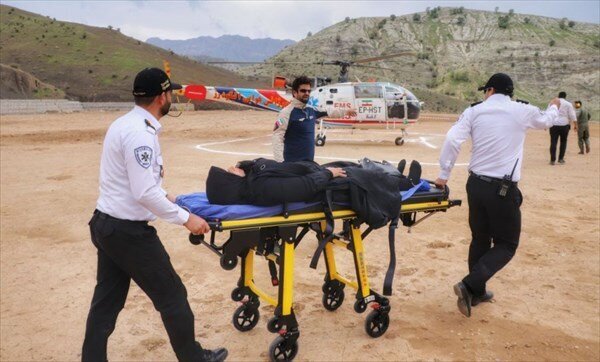
Over 2,700 Foreign Nationals Benefit from Emergency Medical Services During Nowruz Celebrations!
During the Nowruz holidays from March 15 to 24, Iran’s healthcare sector experienced a surge in activity, particularly the Emergency Medical Services Organization, which provided care to 2,739 foreign visitors. Key achievements included over 74,000 surgical operations, 57 organ transplants, and 269,000 screening tests. Road safety was also prioritized, with 22,000 traffic police and 3,000 unmarked officers deployed to manage the increased travel. Enhanced surveillance in high-risk areas and the involvement of 700 law enforcement students aimed to deter reckless driving. These combined efforts reflect the Iranian government’s commitment to ensuring safety and health during the festive season.